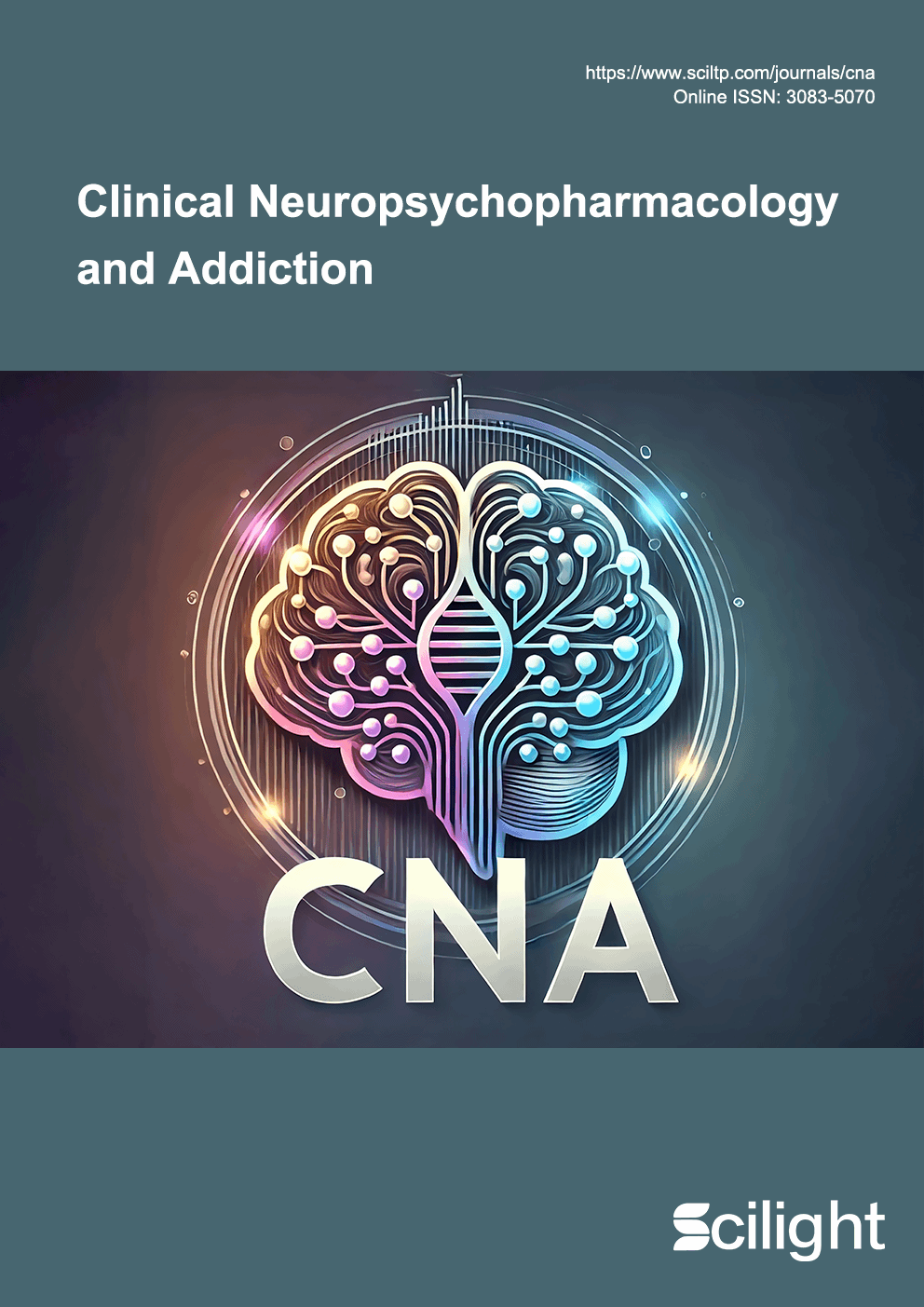Geriatric depression is often accompanied by cognitive decline, complicating its diagnosis and treatment. In elderly patients, distinguishing between primary neurodegenerative disorders and depressive pseudodementia remains a major clinical challenge. Esketamine, a rapid-acting N-methyl-D-aspartate (NMDA) receptor antagonist, has emerged as a promising treatment for treatment-resistant depression (TRD), with the potential to improve cognitive function. We describe the case of a 79-year-old female patient with a long-standing history of major depressive disorder (MDD) who presented with a moderate-to-severe depressive episode unresponsive to multiple antidepressant treatments. The patient exhibited significant cognitive impairment, raising concerns about underlying neurodegenerative pathology. A comprehensive clinical and neurocognitive evaluation suggested depressive pseudodementia rather than primary dementia. Given her treatment resistance, intranasal esketamine was administered as an adjunctive therapy. Over six months, the esketamine treatment significantly decreased depressive symptoms, as indicated by MADRS, HAMD-21, and HAM-A scores. Cognitive assessments (MMSE and MoCA) showed notable improvements, supporting the hypothesis that effective depression treatment can reverse cognitive deficits associated with pseudodementia. Esketamine was well-tolerated, with minimal side effects, including a transient hypertensive episode that was managed conservatively. This case highlights esketamine’s potential to treat severe depression and the associated pseudodementia in elderly patients. Its rapid onset of action, favorable safety profile, and ability to improve cognitive performance suggest it may be a viable alternative to electroconvulsive therapy (ECT) for geriatric TRD. Further research is needed to evaluate the long-term outcomes and optimize treatment strategies for this complex population.
- Open Access
- Case Report
Esketamine in Geriatric Depression and Pseudodementia: A Case Study
- Filippo Mazzoni 1, 2,
- Giovanni Carnevale Miacca 1, 2,
- Alessandro Guffanti 1, 2,
- Vassilis Martiadis 3,
- Bernardo Maria Dell’Osso 4, 5, 6, 7,
- Natascia Brondino 1, 2,
- Miriam Olivola 1, 4, *
Author Information
Received: 17 Feb 2025 | Revised: 15 Mar 2025 | Accepted: 21 Mar 2025 | Published: 02 Apr 2025
Abstract
Keywords
esketamine | geriatric depression | pseudodementia | treatment-resistant depression | cognitive function | neuroplasticity
References
- 1.Cassano, P.; Fava, M. Depression and public health: An overview. J. Psychosom. Res. 2002, 53, 849–857. https://doi.org/10.1016/s0022-3999(02)00304-5.
- 2.Alexopoulos, G.S. Depression in the elderly. Lancet 2005, 365, 1961–1970. https://doi.org/10.1016/S0140-6736(05)66665-2.
- 3.Fischer, P.; Bailer, U.; Hilger, E.; et al. Depressive Pseudodemenzen [Depressive pseudodementia]. Wien. Med. Wochenschr. 2002, 152, 62–65. https://doi.org/10.1046/j.1563-258x.2002.01125.x.
- 4.Ochs-Ross, R.; Daly, E.J.; Zhang, Y.; et al. Efficacy and Safety of Esketamine Nasal Spray Plus an Oral Antidepressant in Elderly Patients with Treatment-Resistant Depression-TRANSFORM-3. Am. J. Geriatr. Psychiatry 2020, 28, 121–141. https://doi.org/10.1016/j.jagp.2019.10.008.
- 5.Nogo, D.; Nazal, H.; Song, Y.; et al. A review of potential neuropathological changes associated with ketamine. Expert Opin. Drug Saf. 2022, 21, 813–831. https://doi.org/10.1080/14740338.2022.2071867.
- 6.d’Andrea, G.; Chiappini, S.; McIntyre, R.S.; et al. Investigating the Effectiveness and Tolerability of Intranasal Esketamine Among Older Adults with Treatment-Resistant Depression (TRD): A Post-hoc Analysis from the REAL-ESK Study Group. Am. J. Geriatr. Psychiatry 2023, 31, 1032–1041. https://doi.org/10.1016/j.jagp.2023.06.016.
How to Cite
Mazzoni, F.; Miacca, G. C.; Guffanti, A.; Martiadis, V.; Dell’Osso, B. M.; Brondino, N.; Olivola, M. Esketamine in Geriatric Depression and Pseudodementia: A Case Study. Clinical Neuropsychopharmacology and Addiction 2025, 1 (1), 2. https://doi.org/10.53941/cna.2025.100002.
RIS
BibTex
Copyright & License

Copyright (c) 2025 by the authors.
This work is licensed under a Creative Commons Attribution 4.0 International License.
Contents
References


